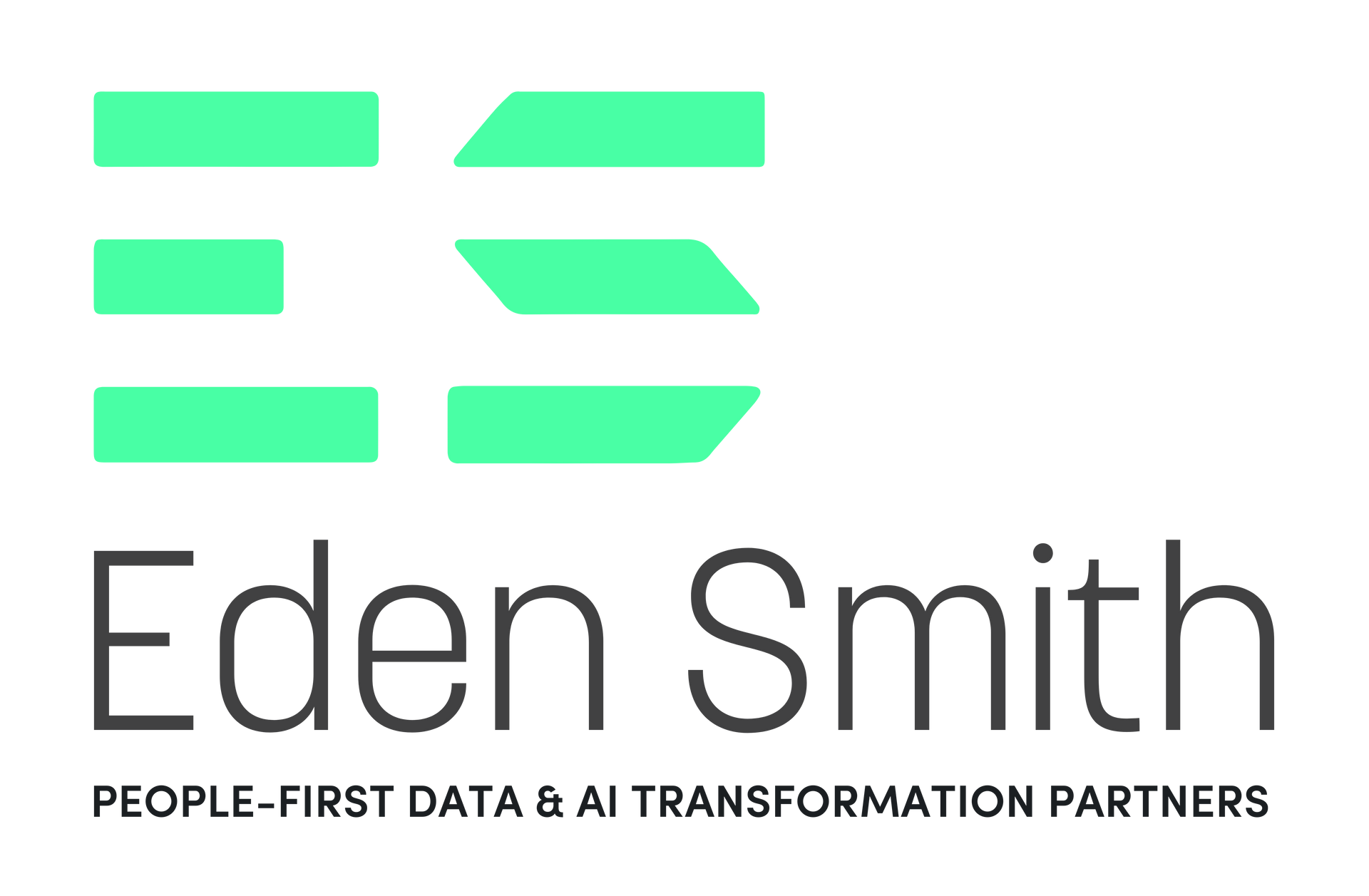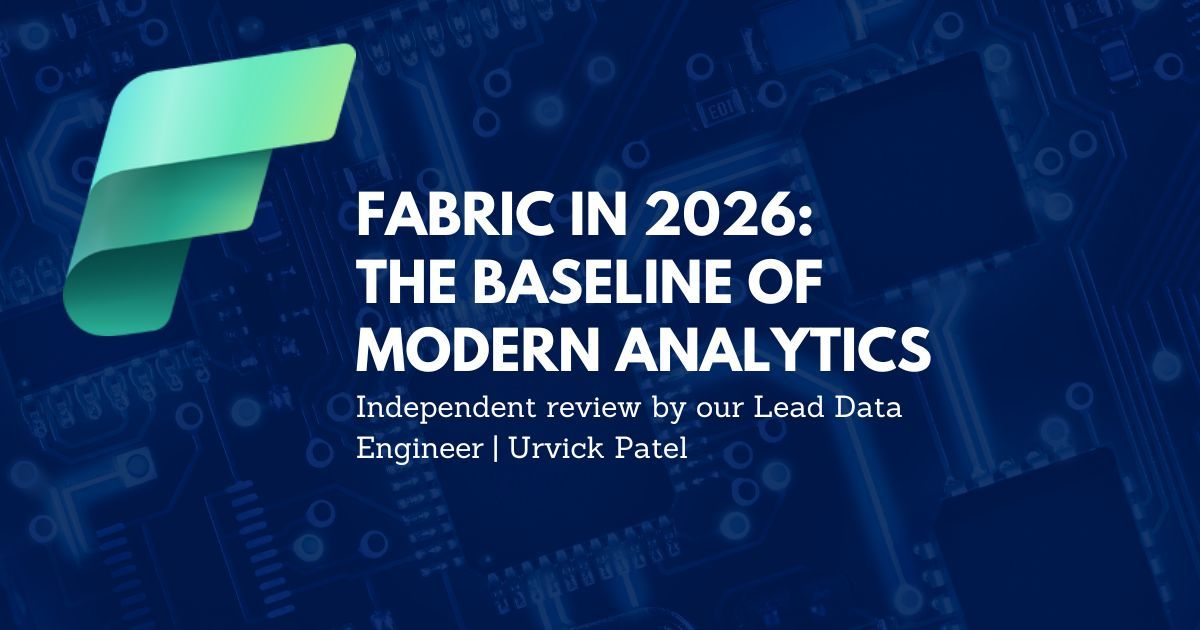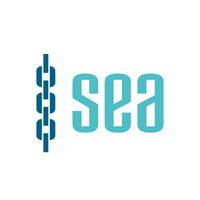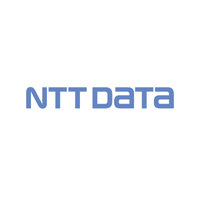HUMAN + AI - Turning Strategy Into Action
In today’s boardrooms, the conversation is no longer if AI will reshape work - but how fast.
On 15th October, cross-functional business leaders gathered for the first event in the HUMAN + AI Series, a collaboration between Eden Smith and Corndel, designed to demystify AI strategy and help organisations move from intention to meaningful action.
This first session was a candid, insight-rich discussion about what it takes to build trust, drive adoption, and enable every part of an organisation to thrive with AI - not just the tech teams.
Why AI Success Starts with People
Erik Schwartz, Chief AI Officer at AI Expert, opened with a clear message:
“AI is only as strong as the leadership behind it.”
In a live poll of 27 leaders, most revealed they are still in the early stages of AI adoption. Many have experimented with tools like Copilot, but few have moved into structured implementation. Erik shared powerful case studies where targeted AI initiatives streamlined workflows and delivered measurable business impact.
His call to action was simple but potent:
- Build leadership AI literacy early.
- Start small but show results fast.
- Use hackathons and prototype projects to turn theory into momentum.
“Put something tangible in front of your executives,” he urged. “AI adoption accelerates when people can see and feel the value.”
Embedding Data and AI into Organisational DNA
Helen Blaikie shared how Aston University overcame silos, data hoarding, and cultural resistance to create a mature data and AI strategy for 2030.
Key pillars of their success:
- Leadership sponsorship and clear performance measures
- A robust data governance framework
- Organisation-wide upskilling (over 600 trained colleagues)
- A relentless focus on trust and quality
By aligning data and AI initiatives directly with business objectives, the university didn’t just modernise - it transformed how decisions are made.
The Human Experience of AI
Helen Matthews tackled one of the most pressing realities: people’s fears and expectations around AI.
📊 65% of employees fear job loss.
📊 45% resist change.
📊 91% want responsible AI policies.
Matthews highlighted how starting with “why” is essential. AI strategy isn’t just about algorithms - it’s about trust, transparency, and storytelling. By mapping workforce capabilities, tailoring training, and leveraging early adopters, organisations can turn anxiety into agency.
She also outlined a practical maturity model: start with foundational awareness, tailor training to function, then continuously refine. A particularly resonant insight: use the apprenticeship levy to fund AI learning programs - removing one of the biggest adoption barriers.
The Leadership Panel: Turning Insight into Impact
A dynamic panel session explored how leaders can practically navigate the intersection of people, talent, and technology.
Key insights:
- Use AI tools to empower employees to self-assess skills and career paths.
- Start with one well-defined pain point to build trust and credibility.
- Involve frontline employees early to ensure solutions solve real business problems.
- Encourage co-creation spaces and flexible policies to adapt fast.
The message was consistent: AI adoption is not a spectator sport. It’s a collective, cross-functional effort that demands experimentation, communication, and strong leadership.
Top Action Points for Leaders
- Build AI literacy at the top and cascade it down.
- Align AI strategy with business objectives - not the other way around.
- Start small, show value fast, then scale.
- Invest in data governance, trust, and culture.
- Equip people to experiment with AI tools and co-create solutions.
- Communicate, measure, celebrate - repeatedly.
This was just Part 1 of the HUMAN + AI Series. The conversations were raw, practical, and inspiring - setting the stage for the next event, where we’ll dive deeper into human capability building and AI readiness at scale.

